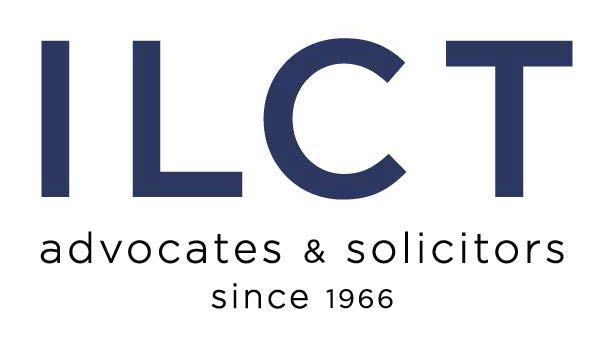Consumer Protection: Laws and Regulations Governing Product Recall
This legal summary provides an overview of the laws and regulations governing product recalls in Thailand under the Consumer Protection Act, B.E. 2522 (1979). It aims to guide business operators on mandatory steps, recommended practices, and compliance requirements when conducting product recalls within Thailand.
This summary is designed to assist all business operators in Thailand, offering guidance on adhering to product safety standards and complying with consumer protection laws.
The Consumer Protection Act, B.E. 2522 [A.D. 1979]
The Consumer Protection Act mandates that goods intended for sale in Thailand must be safe. It outlines specific requirements that business operators must consider:
- Goods must meet safety standards based on their characteristics, components, design, packaging, assembly instructions, and consumer expectations.
- The presentation, labeling, warnings, and usage instructions must adequately address safety concerns.
- Businesses must assess potential risks when goods are used in conjunction with other products and consider vulnerable consumer groups.
- Compliance with universally accepted safety measures and best practices is required.
The Act prohibits business operators from manufacturing, ordering, or importing dangerous goods that could pose risks to life, health, or property, except for goods regulated by specific laws.
Measures for Label-Controlled Goods
For goods classified as “label-controlled” (goods manufactured or imported for sale), business operators have additional responsibilities:
- They must continuously monitor the safety of these goods throughout the warranty period.
- Implement appropriate safety measures to mitigate identified risks.
- Establish effective channels for consumer notifications and maintain comprehensive records of these communications.
Duty to Notify the Public
Business operators are required to notify relevant parties promptly under certain circumstances:
- Voluntary Notification: Operators may notify relevant parties when they suspect their goods may be dangerous.
- Mandatory Notification: Notification becomes mandatory if the goods cause severe harm or danger, necessitating alerts to consumers, relevant authorities, and the Committee overseeing consumer protection.
Duty to Recall and Remedial Actions
Upon identifying risks associated with their products business operators must take immediate action, such as rectifying, modifying, replacing, or recalling the goods. They must promptly inform the Office of Consumer Protection about the issue and actions taken, providing specific details about the goods and the nature of the identified danger.
Proof of Safety and Committee’s Powers; The Committee established under the Act has the authority to:
- Order testing of goods suspected to be dangerous and set deadlines for reporting test results.
- Impose temporary sales prohibitions pending the verification of product safety.
Dangerous goods (the term) is defined as goods which causes or may cause danger to life, body, well-being, health, mental condition, or property, excluding goods which is already subject to specific laws.
In addition to testing and sales prohibitions, the Committee can:
- Lift sales prohibitions based on favorable test results.
- Prescribe further corrective actions if deemed necessary to mitigate risks posed by dangerous goods.
- Action after No-Sell Order
When a no-sell order is issued:
- Business operators must promptly remove the goods from the market.
- Notify consumers about the recall and the potential risks associated with the product.
- Compensate affected parties for any losses incurred due to the recall.
Based on the provisions of the Act, affected companies operating in Thailand should immediately notify distributors, service providers, advertising agencies, consumers, and the Consumer Protection Board upon identifying a product defect. Additionally, they should initiate a recall process promptly and effectively communicate recall details to all relevant stakeholders. We also advise that they continue to maintain accurate records and comply with reporting requirements stipulated under the Act.
This summary offers comprehensive guidance on navigating the product recall process under Thai consumer protection laws. It underscores the importance of proactive compliance to ensure consumer safety and adherence to regulatory requirements in Thailand. As always, we highly suggest that you seek professional legal assistance and encourage you to reach out to us at law@ilct.co.th
Consumer Protection: Laws and Regulations Governing Product Recall [please download]
